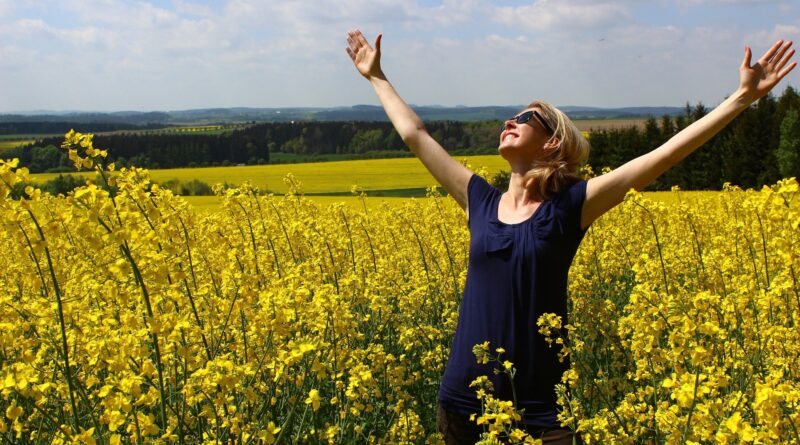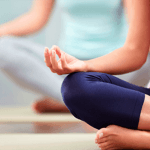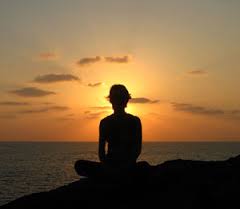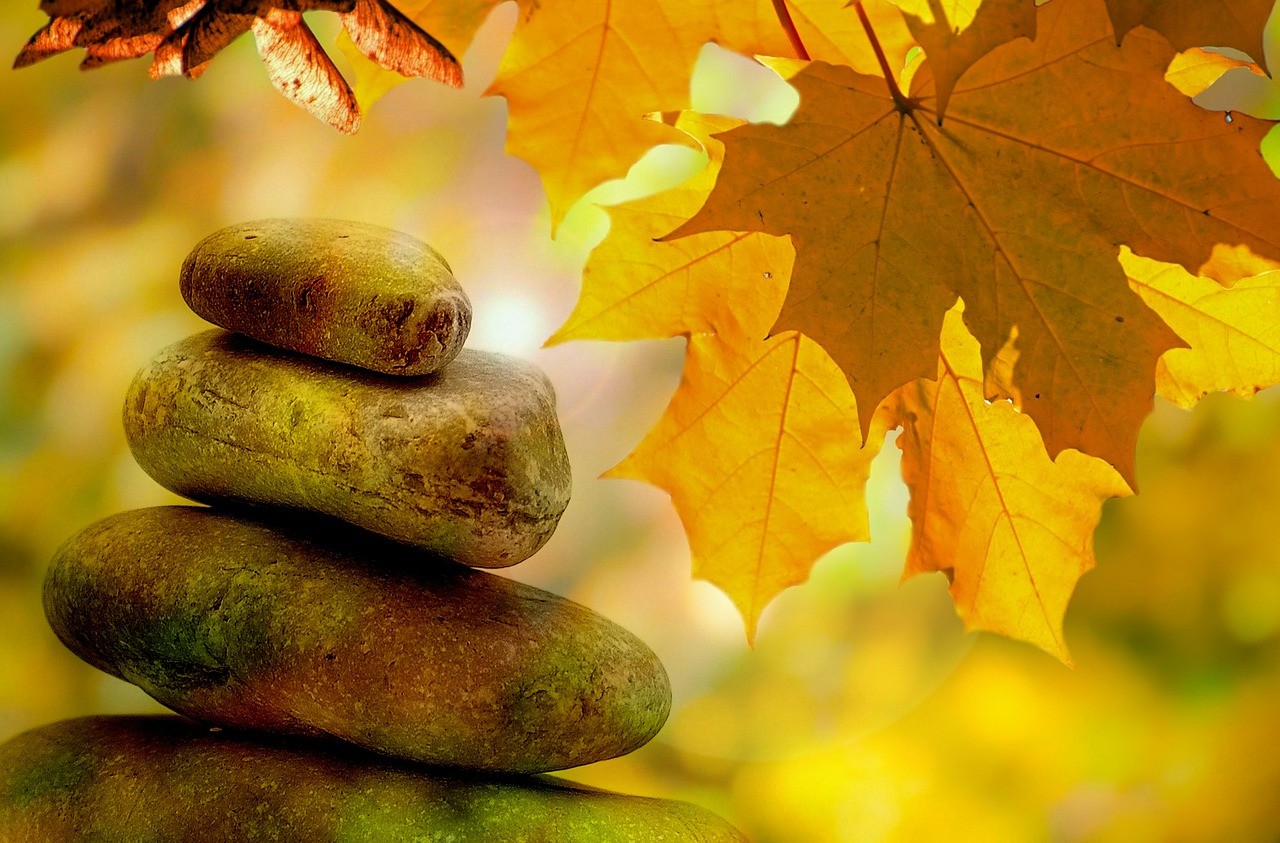Gratitude Meditation- How to Use Powerful Happiness Intervention
Gratitude meditation is a type of meditation which focuses on gratitude, a simple but powerful happiness intervention. Expressing gratitude for the things in your life will enhance positive emotions, resilience, better coping skills, as well as an increase in happiness. All this and much more just by showing gratitude!
Gratitude is strongly associated with a greater sense of happiness and well-being. Science tells us that counting our blessings increases our optimism, relieves depression, improves immune function, and lowers blood pressure. It also strengthens our relationships with those around us. There is no doubt that gratitude meditation is a powerful happiness intervention.
If feeling appreciative for acts of kindness, glimpses of beauty, and the people and experiences that bring joy to our lives makes us happier, that’s motivation enough to start a regular gratitude meditation practice. Who, what, and where fills you with a sense of gratitude?
What is Gratitude Meditation?
Gratitude meditation is a type of meditation that focuses on expressing gratitude for the things in your life. This article will define gratitude meditation and discuss some of its benefits. It also includes a few guided gratitude meditations so you can start practicing today.
Gratitude is not just about being thankful for the good things in your life, but it is about being thankful for everything in your life. There are things in your life which might initially seem bad, but upon further reflection actually, give you an opportunity to learn and grow. Part of gratitude is recognizing these blessings in all things.
Beauty of Gratitude Meditation
Gratitude meditation has existed for many years – both in the spiritual and the non-spiritual fields. The beauty is that you can do this meditation in any number of ways, anywhere, and at any time of day. Unlike conventional meditation practices that need physical arrangements like posture, illumination, or sound adjustments, gratitude meditation is more flexible and can be practiced in a variety of settings for a short or long duration.
For instance, you could design your own personal morning gratitude meditation while you’re brewing that perfect cup of coffee! Or give thanks for the abundance of food that’s available to us while you’re on line at the grocery store. Sitting down for an evening gratitude meditation is an opportunity to mindfully reflect on the good parts of your day.
“Buddhist monks begin each day with a chant of gratitude for the blessings of their life. Native American elders begin each ceremony with grateful prayers to mother earth and father sky, to the four directions, to the animal, plant, and mineral brothers and sisters who share our earth and support our life. In Tibet, the monks and nuns even offer prayers of gratitude for the suffering they have been given”
Gratitude Meditation Practices
Some gratitude meditation practices also include keeping a gratitude journal. This is simply a journal where you write down things you are grateful for, or even where you write letters to people you are grateful for. Gratitude journals are not a necessary part of a gratitude meditation practice, but they are an easy way to stay grateful throughout the day without losing sight of what is important.
Benefits of Gratitude Meditation
If experiencing more feelings of happiness and appreciation isn’t enough, here are a few more reasons to give thanks:
- A deep sense of gratitude reduces anxiety and feelings of isolation because it takes us out of being self-centered and helps us connect to something larger than ourselves as individuals — whether to other people, nature, or a spiritual/higher power.
- Gratitude meditation can help us get “unstuck.” We are sometimes caught in a cycle of anxiety, worry and fear. Gratitude helps us to shift perspective and open up our minds, allowing us to disentangle ourselves from negative thoughts.
- Being mindful can reliably increase feelings of gratitude. Since mindfulness leads to higher levels of gratitude, any benefits that come with gratitude should also come from practicing gratitude meditation.
- Feelings of gratitude come with all sorts of benefits:
- Decreased levels of depression
- Higher levels of well-being
- Trust in strangers
- And even increased sleep quality
- Gratitude appears to actually rewire our brain. The feeling of happiness that comes from appreciation helps our brain be more sensitive to experience gratitude. As a result, we deal with adversity better — both in the present moment and in the future.
Guided Meditations for You
Here are a few guided gratitude meditation videos to get your practice started:
One of my favorite Guided Meditations!
“When we feel grateful on a regular basis, our mood improves, we feel content and we tend to live life with a fuller appreciation of all the blessings that we have!” ~Joanne
You can download this video by following the link in the details section of the video.
Experience the Miracle of life happening all around you focusing for 10 minutes on all the great things happening in your life and attract more greatness into your life. Enjoy!
This is a guided meditation for RA, Chronic Pain and Chronic Illness Warriors. “When we deal with pain, fatigue, stiffness and swelling on a daily basis it is easy to lose sight of the things to be grateful for. However, it is important to keep these things in perspective as a way of combating the affects of our diseases.” ~ Lori MacLean
Allow this 10 minute guided meditation fill you with feelings of gratitude. Be present and grateful for this moment. Enjoy!
In conclusion, gratitude and mindfulness serve similarly important roles in our lives. Any gratitude practice should include mindfulness, and any mindfulness practice can easily incorporate gratitude.
A Take Home Message:
At its most basic, gratitude meditation is all about taking time to reflect on the blessings in your life, as well as the things which do not necessarily seem good but are still a part of who you are.
Curated from Article written by Joaquín Selva, Bc.S., Psychologist












